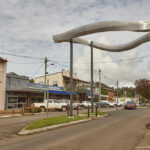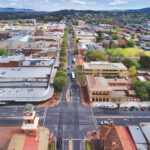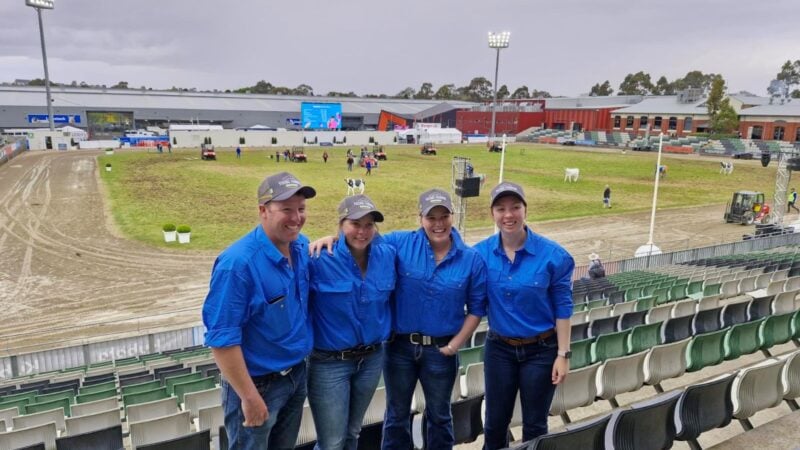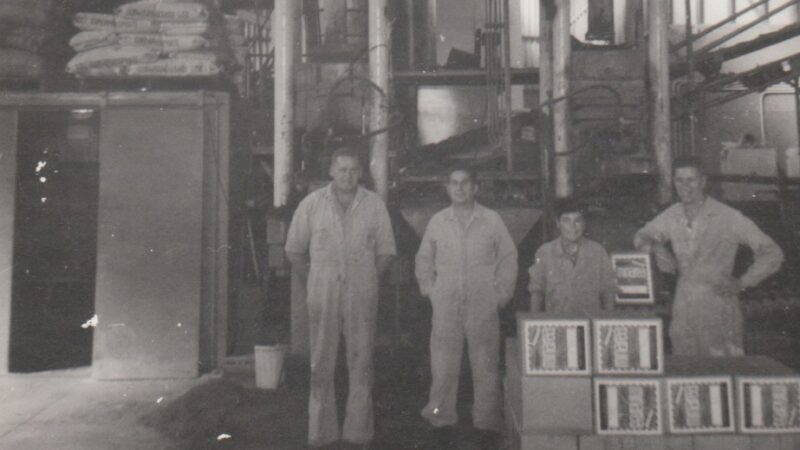Biosecurity threats to the grains industry like Khapra beetle, cereal rust diseases and lupin anthracnose,…
Spotlight on: the Tilba Region
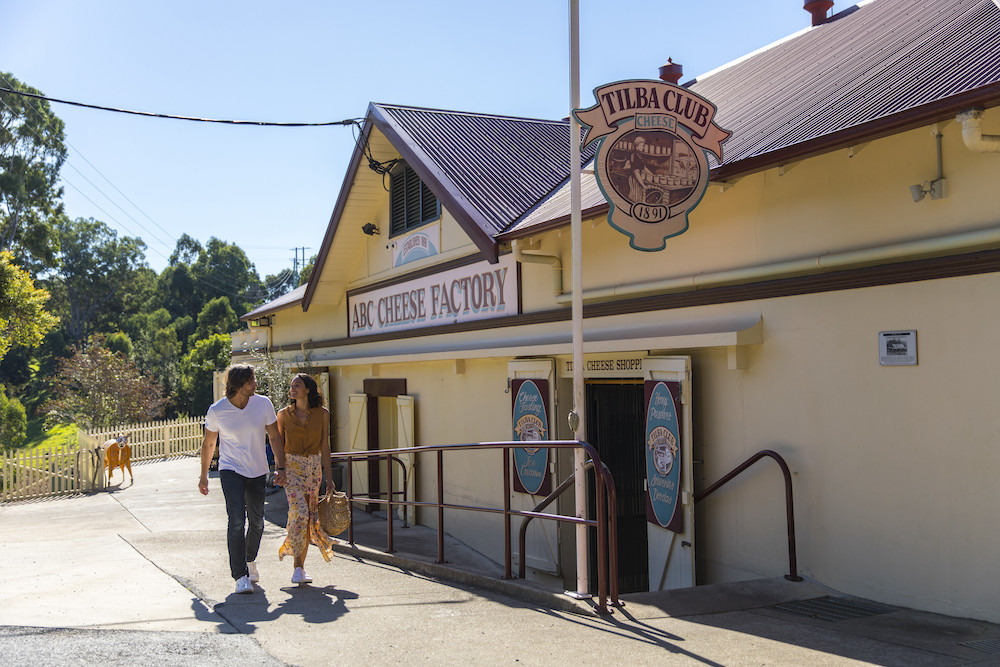
The two heritage villages of the Tilba region are tucked into the base of the dormant volcano, Mount Gulaga. This prime location provides access to rich volcanic soil ideal for farming and production, so it comes as no surprise that both towns are predominantly inhabited by growers and crafts-people, who make a living by selling wares and produce to both tourists and to those in the close-knit community.
In the 1800s, the discovery of gold on Mount Gulaga led to a boom in mining and the development of the two main villages; Central Tilba and Tilba Tilba. Eventually, when the gold rush came to an end, dairy farming took its place as the major economic practice.
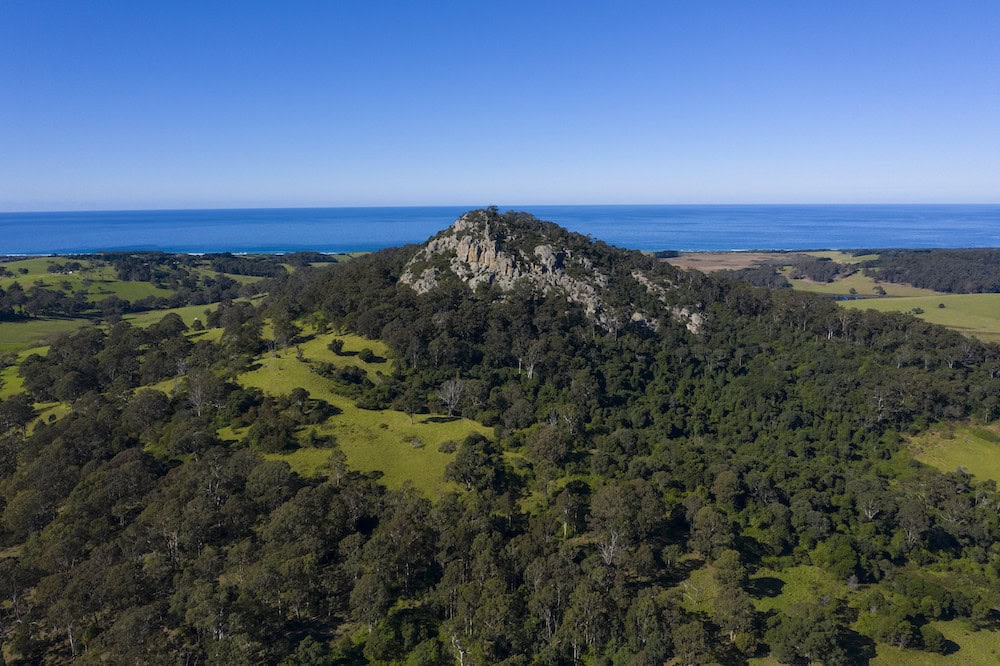
In 1974, the National Trust classified the Tilba District as a place of historic and special aesthetic significance and established The Tilba Conservation Area. Since then, tourism has become the region’s main economic focus, and it continues to support a wide array of established and emerging businesses.
To many, Tilba is famous for its delicious dairy products, crafted at Tilba Dairy. The 100 per cent family owned and operated business produces milk, cream, cheese and yoghurt from their Jersey herds. The owners, Erica and Nick Dibden, have been farming for over 25 years. They chose Jersey Cows for the high fat and protein content in their milk. Due to the rich and fertile land in the Tilba region, the cows are able to thrive in lush fields, yielding high-quality milk year round.
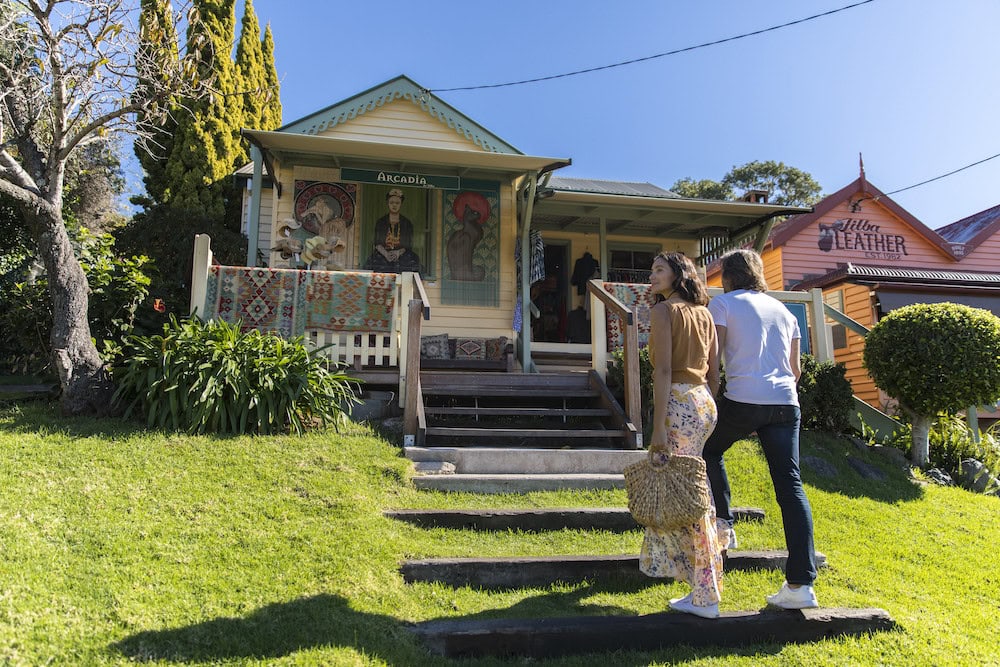
The products are then sold in the ABC Cheese Factory, which was established in 1891 and was the first cheese co-operative in NSW.
“We wanted to make something unique for Tilba, to this area, and for those who visit, from our cows and the cultures that we can access.”
Erica Dibden, Tilba Dairy
Walking down Central Tilba’s main strip, the iconic Cheese Factory sits alongside several other local shops, each selling hand-crafted items made from the natural resources provided by the mountain and its surrounds.
Passionfish owners, Jason and Kylie, established their store in 2007. Using natural soy wax, they develop and hand-pour their own candles, which are then sold at their highly popular homeware emporium.
Brewing big ideas
While the fertile soil makes for excellent farming conditions, there’s so much more to the Tilba Region. The Dromedary Hotel was established in 1895, and has since become a hub of activity in Central Tilba. Here, the owners of the Tilba Brewing Co craft, brew and can their own beers.
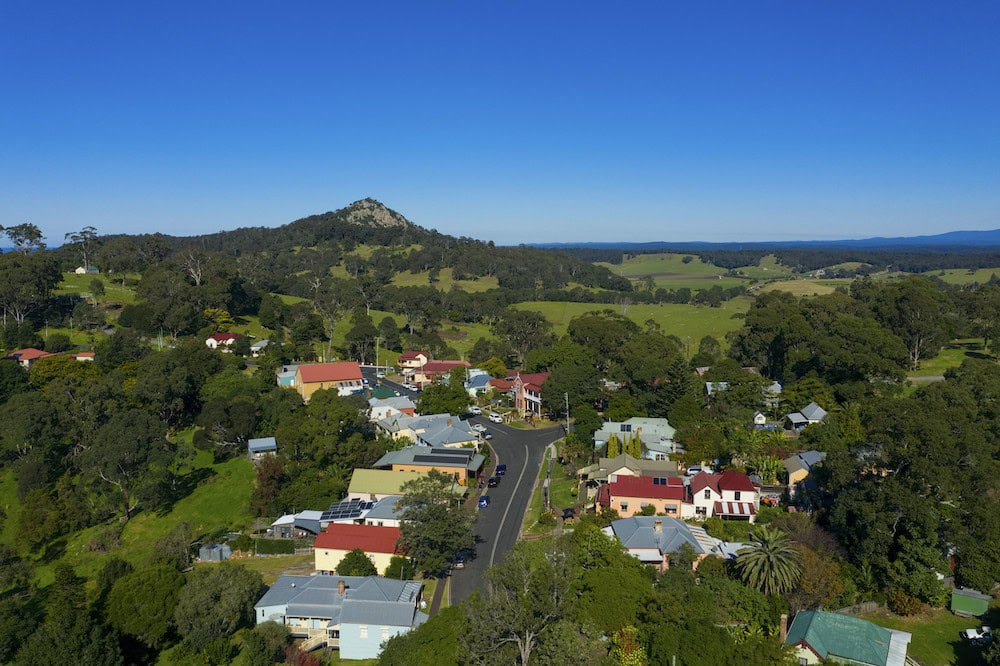
According to the team, each type of beer represents part of Tilba’s history: The Prospectors Amber Ale acknowledges Tilba’s gold mining past through its smooth copper tones and malty caramel flavours, while the Palace Pale Ale pays homage
to the hotel’s original name, the Palace Hotel, back when it was built as a coffee palace in the 1800s.
Tilba Valley Winery and Ale House also produces their own beer and wine. Their vineyards thrive on the base of Mount Gulaga, and have been operating for around 40 years. The winery can ferment approximately 80,000 litres, or around 8400 cases of wine, every year. According to Tilba Valley Winery, most of this produce is sold at their cellar door.
A survey conducted by the Eurobodalla Shire Council in the summer of 2018 to better understand the profile of visitors in the area, found that while a majority of tourists may have chosen to reside in larger Eurobodalla Shire towns, 63 per cent visited villages such as Tilba on their trip.
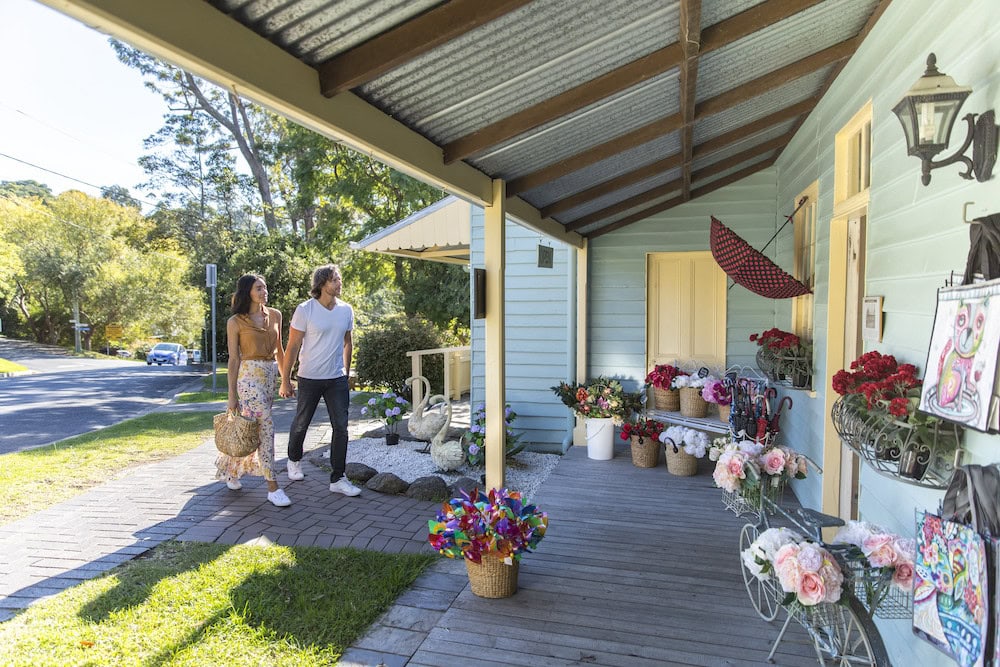
Due to the large number of producers, and with its buildings all adhering to particular colour schemes according to the era they were built in, Tilba has become one of the most photogenic towns in the region. It has only 342 residents, and walking down the streets, there are always people milling about, chatting about the weather, produce, and their families, with locals gathered at the pub for bands and long lunches, and groups of locals enjoying a coffee or tea and scones in one of the many cafés.
Many of the smaller farm owners converge in the Big Hall on the main street every Saturday to sell their produce, arts, crafts and homewares at the busy market. They also come to chat with their neighbours and to shop around while in town. It’s a genteel kind of place, where family, history, agriculture and the art of slow living are all not only practised, but also cherished and well nourished.
If you enjoyed this piece, you may like to read our spotlight on Dorrigo, with its rich farming land, wateralls and ancient rainforests.



